When it comes to diet and exercise, we can focus so much on them that we ignore other elements of our wellbeing that support them. Sleep expert Olivia Arezzolo shares her tips to actually meet your wellness aspirations this year.
Sleep: it’s free. And we all want more of it, so why is it so hard to get? Specifically – that consistent, restorative, uninterrupted, eight-hours-a-night kinda sleep. Which is why we’ve enlisted Sydney-based sleep expert Olivia Arezzolo to solve our myriad of sleep concerns with our Sleep Well Wednesdays series. Check back every fortnight and you’ll be off to the land of nod before you know it.
It’s the season of New Year’s resolutions, and for many of us, that means being healthier in our food choices, fitness and aiming for less fatigue.
While you probably thought I was going to discuss fatigue, I’m not. Rather, this article will highlight the interconnection between sleep and your food, with your fitness goals.
Specifically, we’ll uncover why your appetite increases, especially for sugary carbs, why your metabolism goes down and why you may struggle to exercise (and no, it’s not just because you are tired). We’ll even cover why you can struggle to stay focused on your goals when sleep deprived.
1. How does lack of sleep affect our food goals?
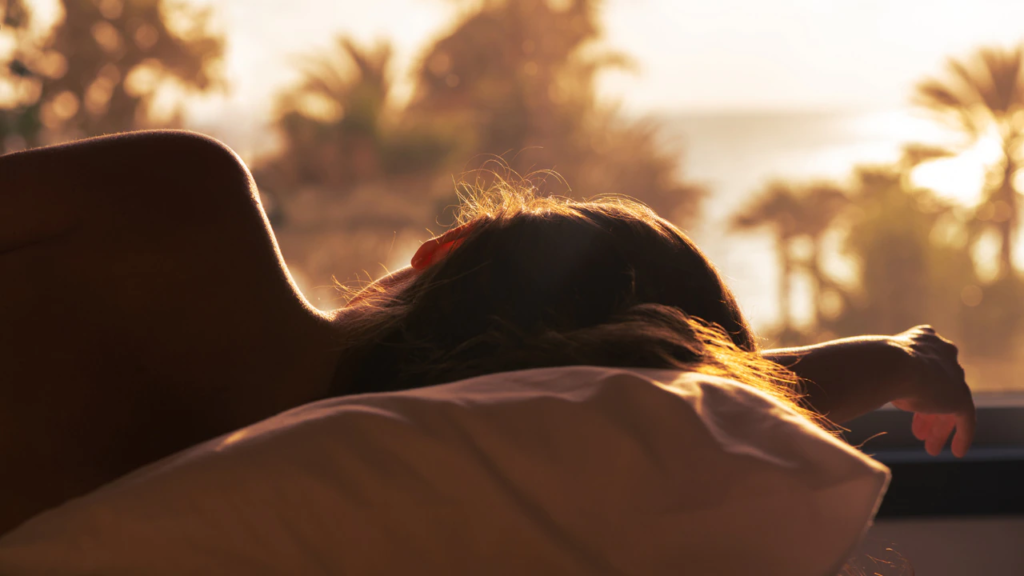
As you’ve probably noticed, when lacking sleep, it’s pretty hard to make calculated, clever decisions, such as cooking a healthy meal instead of ordering Uber Eats.
This isn’t due to a fault of your own though: evidence indicates our brain’s frontal lobe is impaired, controlling decision making, impulse control and emotional stability.
This is why we make irrational, illogical decisions when we are tired, and also why we seek comfort foods such as chocolate and chips.
2. How does lack of sleep affect our eating patterns and appetite?
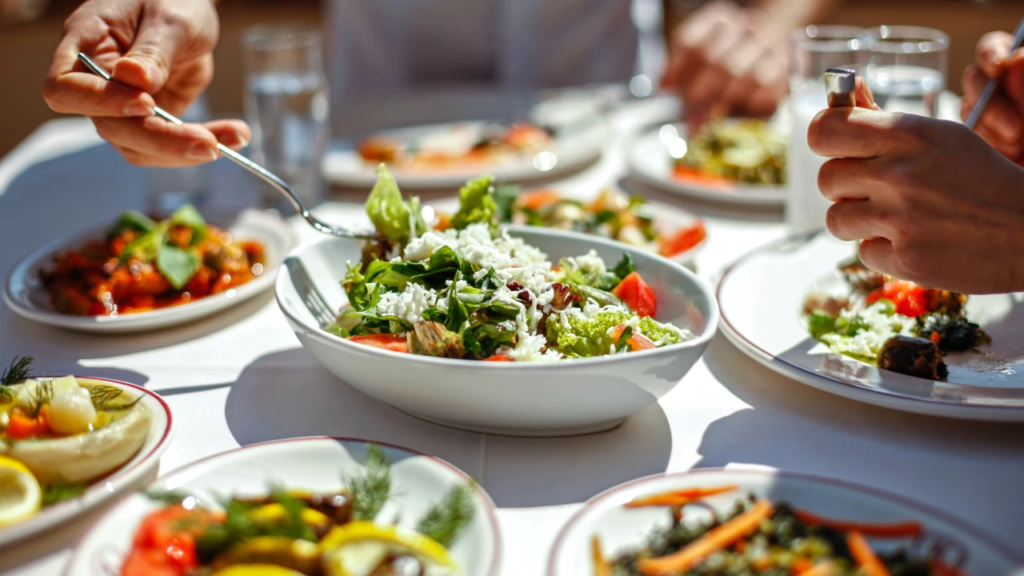
As mentioned last year when we explored how lack of sleep can lead to weight gain, hunger hormones ghrelin and leptin are altered when we’re not getting our forty winks.
You’re hungrier and less satisfied, thus more likely to consume more food.
In fact, a 2022 study found those who are sleep deprived on average eat 270 more calories per day. Over the space of a week, this is 1890, which is the equivalent of an entire day of food.
Similarly, a study found when sleeping 5.5 hours instead of 8, we serve ourselves larger portions. Individuals in this particular trial self-selected 54 per cent more potato chips and 24 per cent more white rice when sleep deprived, compared to when they were well rested.
3. How does lack of sleep affect sugar cravings?
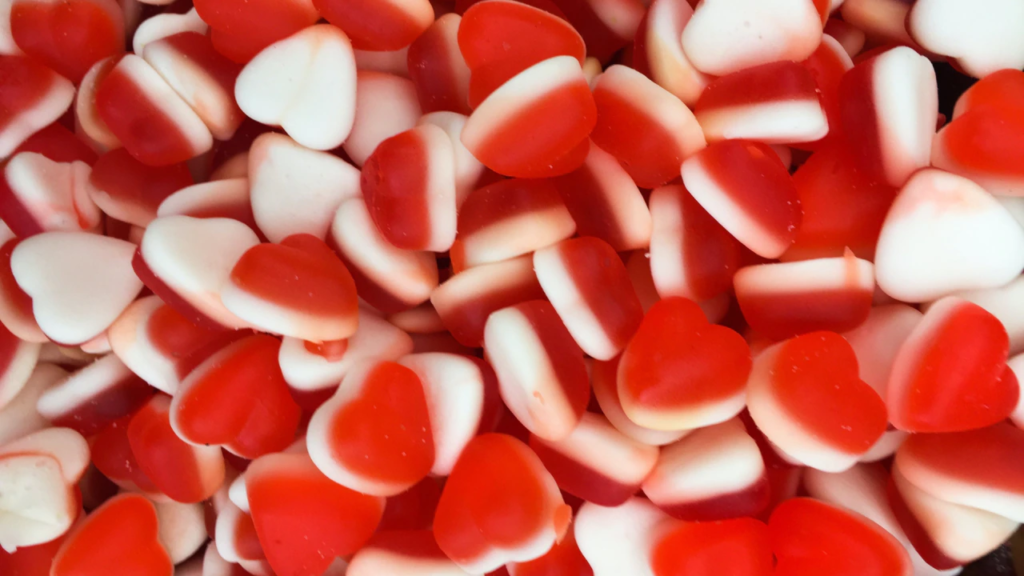
There are a few reasons here. Firstly, simple sugars (e.g. lollies, chocolate, cakes, cookies) begin to digest in the mouth, whereas protein and fat digestion begins in the stomach. This is exactly why you get a rush of energy almost instantly after a treat. When you’re feeling exhausted, this energy hit is what we crave.
Second, sugar provides the body a decadent dose of dopamine, a feel good hormone that is reduced when we don’t sleep enough. Third, from a young age, we have a psychological association between pleasure and sugar. For example, when an infant is crying, they are usually given milk to soothe them, teaching us that sugar equals relief.
Especially because of the ill effects of sleep on mental health, again, this is what we crave.
Collectively, it makes perfect sense that our cravings for sugary carbs can increase by as much as 45 per cent after two nights of sleep deprivation, as noted in a 2004 clinical study.
4. How does lack of sleep affect our fitness goals?
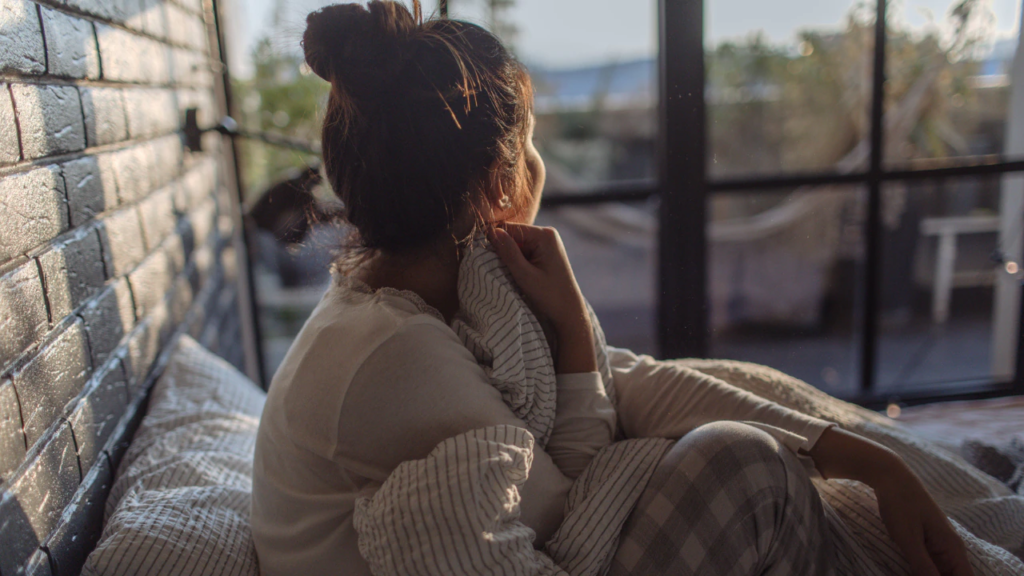
Obviously, you’re tired, which reduces incidental and planned exercise alike. A 2012 study found that when we sleep 5.5 hours rather than 8.5, total physical activity decreases by 31 per cent and we spend 24 per cent less time engaged in moderate or vigorous exercise.
In a similar vein, evidence shows when we do train, it’s likely to be shorter. Time to exhaustion is decreased, and we perceive the workout as harder than usual. However, this isn’t just our imagination. A 2022 study found VO2 peak, an indicator of cardiovascular capacity, can decrease by as much as 20 per cent when sleep deprived, which limits our ability to train properly.
As you can see, achieving your food and fitness goals will be significantly harder when you are lacking sleep. So, rather than struggle through the pain and berate yourself for lack of willpower, action some of the top sleep tips from 2022.
As such, you’ll achieve your goals with greater ease, efficiency and effortlessness. And that, my friends, is what 2023 should be all about.
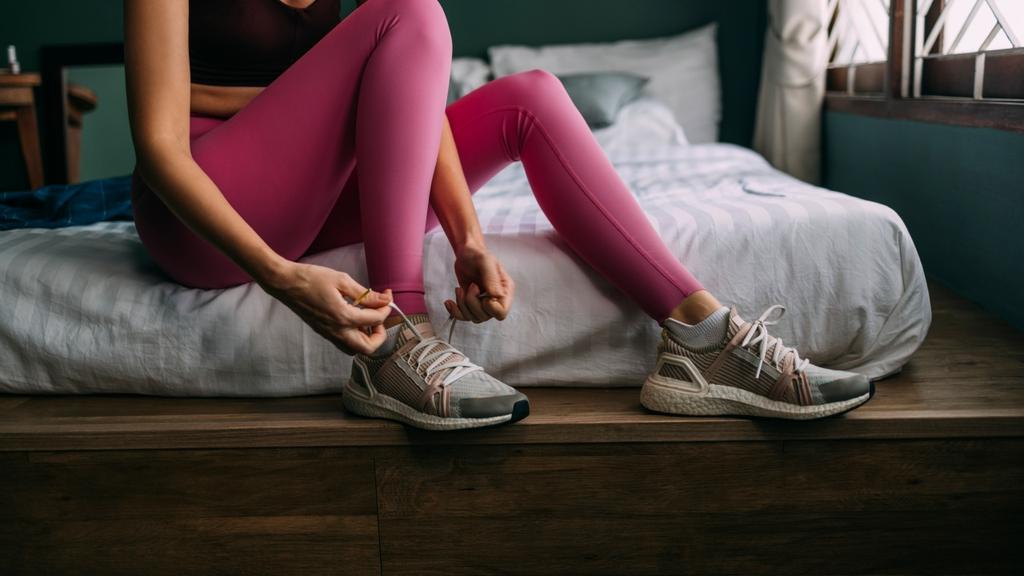
+ show Comments
- Hide Comments
add a comment